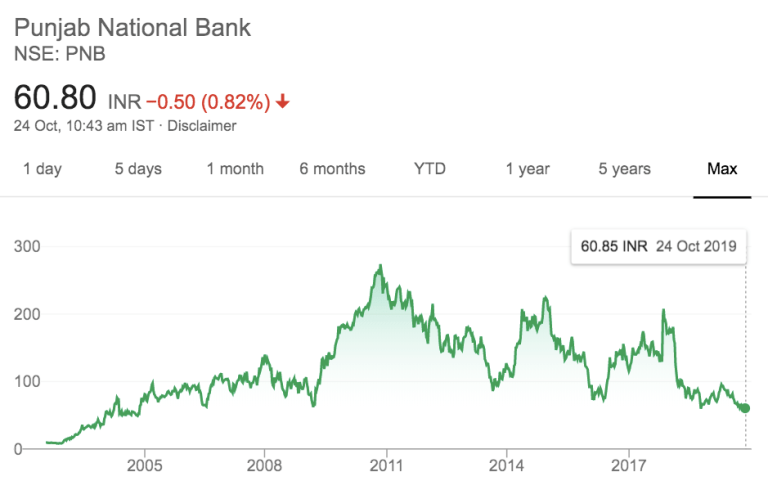The Ultimate Guide to Smart Investment: Make Your Money Work for You
The Ultimate Guide to Smart Investment: Make Your Money Work for You
Investing wisely is a fundamental aspect of securing your financial future. It’s not just about earning money; it’s about making your money work for you. Smart investment involves understanding the various opportunities available, assessing risks, and making informed decisions. This ultimate guide aims to unravel the complexities of investment, empowering you to embark on a rewarding financial journey.
Introduction to Smart Investment
In today’s dynamic economic landscape, the significance of smart investment cannot be overstated. It’s a proactive approach to grow your wealth, ensuring financial stability and achieving long-term goals. Making your money work for you means strategically deploying funds into various avenues that generate returns.
Understanding Investment Basics
Before diving into the world of investments, it’s crucial to grasp the basics. Investments come in various forms: stocks, bonds, mutual funds, real estate, and more. Each investment vehicle carries its own risk and potential return. Understanding this relationship is pivotal in making informed decisions aligned with your financial goals.
Setting Investment Goals
Setting clear investment goals is the cornerstone of a successful investment strategy. Whether it’s saving for retirement, buying a house, or funding education, defining SMART (Specific, Measurable, Achievable, Relevant, Time-bound) goals helps in crafting a focused investment plan.
Researching Investment Options
Researching different investment options is vital. Consider factors such as risk tolerance, time horizon, and desired returns. Diversification across multiple assets helps spread risk and maximize potential gains.
Creating a Diversified Portfolio
Diversification is a key strategy to mitigate risk. A well-diversified portfolio across various asset classes ensures that a downturn in one area doesn’t significantly impact the entire investment.
Risk Management in Investment
Mitigating risks through diversification and proper asset allocation is crucial. Balancing risk and return is essential in achieving long-term financial objectives.
Monitoring and Adjusting Your Investments
Regularly monitoring your investments allows you to make informed decisions and adjust your portfolio as needed. Keeping track of market trends and performance helps in optimizing your investments.
Tax Efficiency in Investments
Understanding tax implications and employing tax-efficient strategies can significantly impact your overall investment returns. Utilize tax-advantaged accounts and be mindful of tax consequences.
Long-Term Wealth Building Through Investments
Smart investment is a journey of consistent wealth-building. The power of compound interest over time can significantly multiply your investments.
Ethical and Sustainable Investing
Investing in alignment with personal values and considering environmental, social, and governance (ESG) factors can be rewarding both financially and ethically.
Investment Tools and Resources
Leveraging technological advancements and seeking guidance from financial advisors are instrumental in making informed investment decisions.
Common Investment Mistakes to Avoid
Avoiding common pitfalls such as impulsive decisions and lack of diversification is crucial in safeguarding your investments.
Adapting to Market Changes
Market fluctuations are inevitable. Having a strategy to adapt during turbulent times helps in navigating uncertainties.
The Role of Education in Smart Investment
Continuous learning and staying updated with market trends and investment strategies are essential in making informed decisions.
FAQs (Frequently Asked Questions)
- What is the best investment option for beginners?
- How can I minimize risks in my investment portfolio?
- Is hiring a financial advisor necessary for smart investment?
- Can sustainable investing generate competitive returns?
- What are the key factors to consider before making an investment decision?
FAQs (Frequently Asked Questions)
- What is the best investment option for beginners?
For beginners, a diversified approach is often recommended. Consider starting with low-risk options like index funds or ETFs (Exchange-Traded Funds) that offer exposure to a broad market. These investments provide a good balance between risk and potential returns, allowing newcomers to get acquainted with the market.
- How can I minimize risks in my investment portfolio?
Diversification is key to minimizing risks in your investment portfolio. By spreading your investments across different asset classes, industries, and geographic regions, you can reduce the impact of volatility in any single investment.
- Is hiring a financial advisor necessary for smart investment?
While hiring a financial advisor is not mandatory, their expertise can be immensely beneficial, especially for those unfamiliar with investment intricacies. Advisors can provide personalized guidance, create tailored investment plans, and offer insights on managing risks.
- Can sustainable investing generate competitive returns?
Yes, sustainable investing, often known as ESG (Environmental, Social, Governance) investing, has demonstrated the potential to deliver competitive returns while aligning investments with ethical or societal concerns. Companies focusing on sustainability practices and responsible governance can offer attractive long-term returns.
- What are the key factors to consider before making an investment decision?
Several factors should be considered before making an investment decision, including risk tolerance, investment goals, time horizon, liquidity needs, market conditions, and the fundamental analysis of the investment option.
Conclusion
In conclusion, mastering the art of smart investment requires diligence, education, and a long-term perspective. By understanding the various investment vehicles, setting clear goals, diversifying portfolios, and staying informed, individuals can take control of their financial futures. Remember, investment success isn’t about timing the market perfectly, but about making informed decisions and allowing time and patience to grow your wealth.







